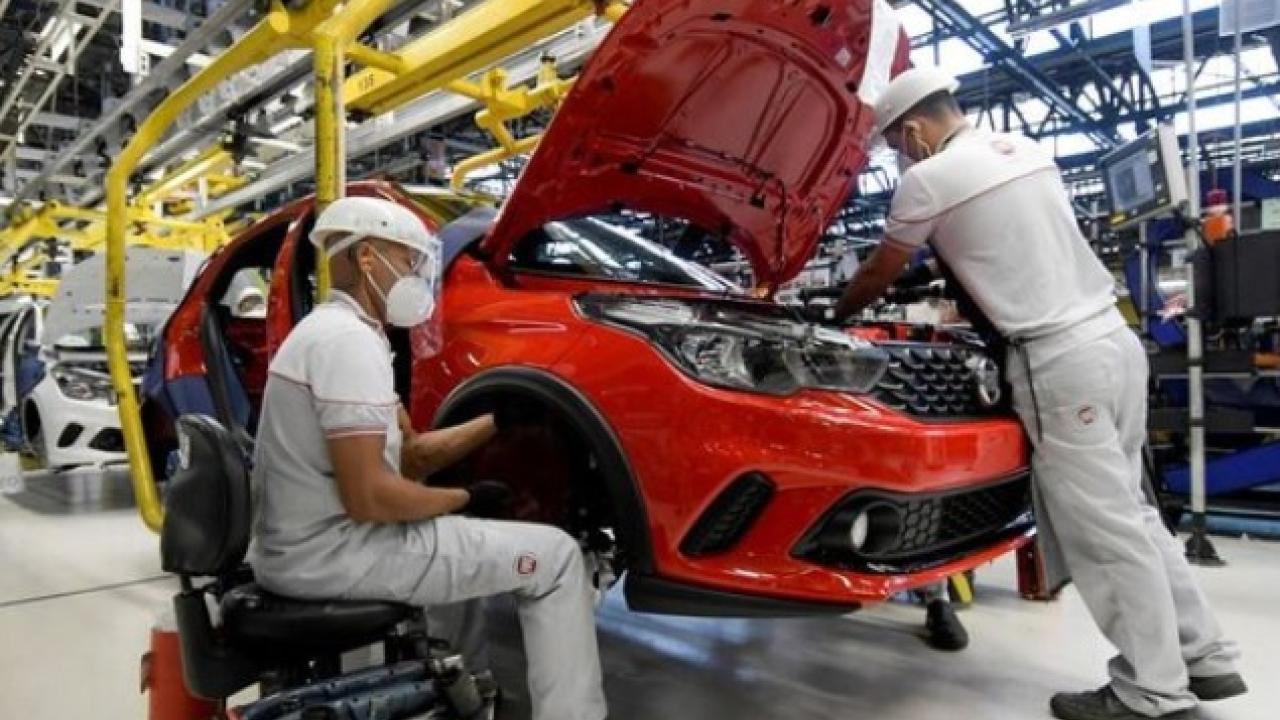
The strong demand for Brazilian products, both in the country and abroad, led to the most intense sales pace in three months in July.
The expansion of Brazil's industrial sector accelerated in July, when an improvement in demand generated a series of positive results, with sales and production growing at the strongest pace in three months, research published on Thursday showed.
The Brazilian industrial Purchasing Managers' Index (PMI), compiled by S&P Global, hit 54.0 in July, from 52.5 in June, marking the strongest pace since April. It was the seventh consecutive month in which the index was above the 50 mark that separates growth from contraction.
The strong demand for Brazilian products, both in the country and abroad, led to the most intense sales pace in three months in July.
Export sales were the strongest in more than two and a half years, with companies monitored highlighting gains in Africa, Asia, Europe, Latin America and the United States. They cited that currency depreciation helped improve their global competitiveness.
As a result, Brazilian manufacturers also increased production volumes at the highest pace since April. As a result, job creation accelerated and business confidence remained strong.
Around 68% of those interviewed from July 11 to 24 expect production to be higher in 12 months, compared to 3% who see a reduction in that period.
On the other hand, the depreciation of the real put considerable pressure on input prices, which reached the highest level in two years, and producers said they were paying more for chemicals, food, fuel, metals and paper.
To protect margins, manufacturers raised sales prices again in June at the sharpest pace in two years.
"This mixed economic scenario suggests that, although the acceleration in international demand and sales has been positive, the intensification of inflation may lead the central bank to rethink its monetary policy stance," said Pollyanna De Lima, associate director of economics. from S&P Global Market. Intelligence.
"Authorities may have to walk a fine line, balancing the need to boost growth with measures to control inflation."










